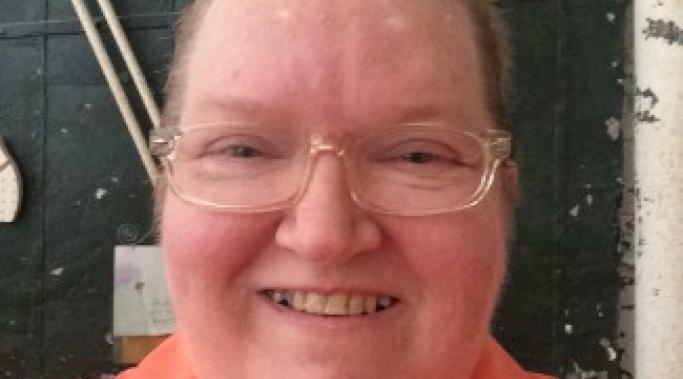Hello, everyone. I am happy to join HealthyPlace as a blogger on the More Than Borderline blog. My name is Laura, and I know about borderline personality disorder (BPD) from living with it for decades, as well as from working in the mental health field for 10 years and encountering many people with the diagnosis. It can be challenging to work with people who have BPD, but it is far more challenging to be the person who lives with the mental illness.
More than Borderline
Coping with a new borderline diagnosis can be challenging. Here's a step-by-step guide on how to accept your borderline diagnosis and start healing.
Coping skills for borderlines experiencing extreme emotions are critical to develop. Highly intense, emotional reactions are one of the dominant features of borderline personality disorder (BPD). How can we return to ourselves when we're caught in an emotional whirlwind? What coping skills can be we learn for dealing with extreme emotions?
It’s okay -- and sometimes necessary -- to set functional boundaries with people suffering from borderline personality disorder (BPD). Read about setting boundaries with borderline personality disorder sufferers (Setting Functional Boundaries).
Believe it or not, you can embrace the benefits of borderline personality disorder (BPD). Borderline sufferers know the drawbacks of the diagnosis. On top of experiencing the difficult symptoms firsthand, we're also bombarded with BPD stigma, insults, premature judgment and ostracization. Most of what’s written about BPD is negative in nature -- borderline sufferers are portrayed as dangerous, irrational, impulsive, and hopeless. This is not one of those articles. This article is about embracing the benefits of borderline personality disorder.
It's important to soothe your inner child in borderline personality disorder. When your inner child asks for something, do you listen? If not, it might be time to start paying attention, even if that means indulging in so-called "childish" things.
I need people to stop using the borderline diagnosis as an insult. As someone who writes primarily about mental health, it’s easy for people to figure out that I’ve been diagnosed with borderline personality disorder (BPD) via a quick Google search. Part of me is relieved that it’s in the open – it frees me of the shame bestowed by secrecy and saves me from having to explain myself to people. But the other part of me worries that people who learn about my diagnosis will pigeonhole me based on their own misunderstandings of what BPD entails (Reclaiming Borderline to Reduce Stigma).
Romantic fantasization is a common feature of borderline personality disorder (BPD). The unpredictable emotional state associated with borderline personality disorder can cause confusing fluctuations in how borderlines view their romantic partners. Why is romantic fantasization in BPD followed by equally intense devaluation and what can we do to stop it?
I'm thrilled to introduce myself as the new author of HealthyPlace.com's More than Borderline blog. I'm a 25-year-old memoirist, journalist, and songwriter from Chicago whose creative work is primarily centered on mental health and recovery. Over the past 12 years, I've been handed a number of diagnoses, including borderline personality disorder (BPD), posttraumatic stress disorder (PTSD), bipolar spectrum, dysthymia, major depression, anxiety, anorexia nervosa, and drug/alcohol addiction. My personal belief is that most, if not all, of these diagnoses stem from the two primary causes of borderline personality disorder: sensitivity and trauma/invalidation.
When defining borderline personality disorder (BPD), most resources will present you with the Diagnostic and Statistical Manual (DSM) criteria, but I wish to reframe the borderline personality disorder diagnosis. Not only is the DSM flat-out wrong about certain aspects of BPD (such as its understanding of people with BPD as lacking empathy), but it reduces a complex experience of being human to a diagnosis packed with bias. Let's reframe borderline personality disorder and think about the diagnosis differently.









